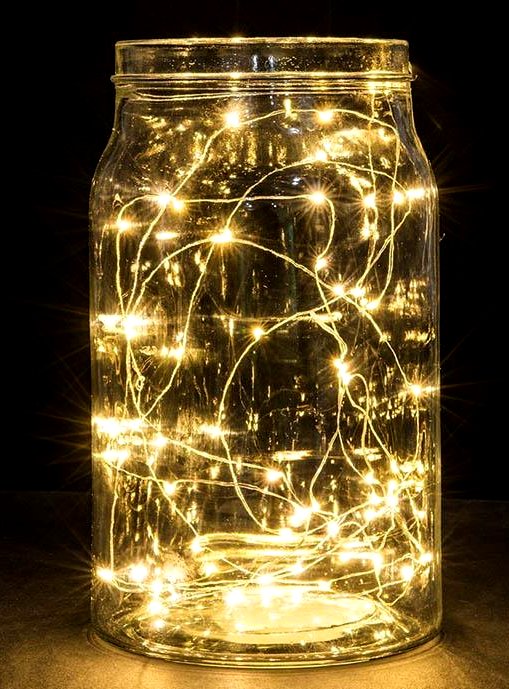A few days ago I cam across these “principles of Adult Behaviour” from John Perry Barlow, sometime poet, essayist and lyricist for Grateful Dead. who dies this week.
Although these principles do, I believe, net down to “do unto others as you would have them do unto you”, they do spell things out rather clearly.
John Perry Barlow’s Principles of Adult Behaviour
- Be patient. No matter what.
- Don’t badmouth: Assign responsibility, never blame.
Say nothing behind another’s back you’d be unwilling to say, in exactly the same tone and language, to his face.- Never assume the motives of others are, to them, less noble than yours are to you.
- Expand your sense of the possible.
- Don’t trouble yourself with matters you truly cannot change.
- Expect no more of anyone than you yourself can deliver.
- Tolerate ambiguity.
- Laugh at yourself frequently.
- Concern yourself with what is right rather than whom is right.
- Never forget that, no matter how certain, you might be wrong.
- Give up blood sports.
- Remember that your life belongs to others as well. Do not endanger it frivolously. And never endanger the life of another.
- Never lie to anyone for any reason.
- Learn the needs of those around you and respect them.
- Avoid the pursuit of happiness. Seek to define your mission and pursue that.
- Reduce your use of the first personal pronoun.
- Praise at least as often as you disparage.
- Never let your errors pass without admission.
- Become less suspicious of joy.
- Understand humility.
- Forgive.
- Foster dignity.
- Live memorably.
- Love yourself.
- Endure.
Barlow goes on to say:
I don’t expect the perfect attainment of these principles. However, I post them as a standard for my conduct as an adult. Should any of my friends or colleagues catch me violating any one of them, bust me.
Which seems eminently reasonable to me, if not always easy.


 There are many different traditions embedded in these festivals. In fact so many that years ago we decided to create our own. Hence our Winter Lights. So when the Christmas decorations – tree, holly, cards, crib figures and so on – come down the lights remain, just as they preceded the Christmas decorations.
There are many different traditions embedded in these festivals. In fact so many that years ago we decided to create our own. Hence our Winter Lights. So when the Christmas decorations – tree, holly, cards, crib figures and so on – come down the lights remain, just as they preceded the Christmas decorations.
 The idea is good and the book should have been interesting, but I found it facile and superficial: like cheap brawn, lots of aspic with very little meat. I had to give up on it half way through.
The idea is good and the book should have been interesting, but I found it facile and superficial: like cheap brawn, lots of aspic with very little meat. I had to give up on it half way through.